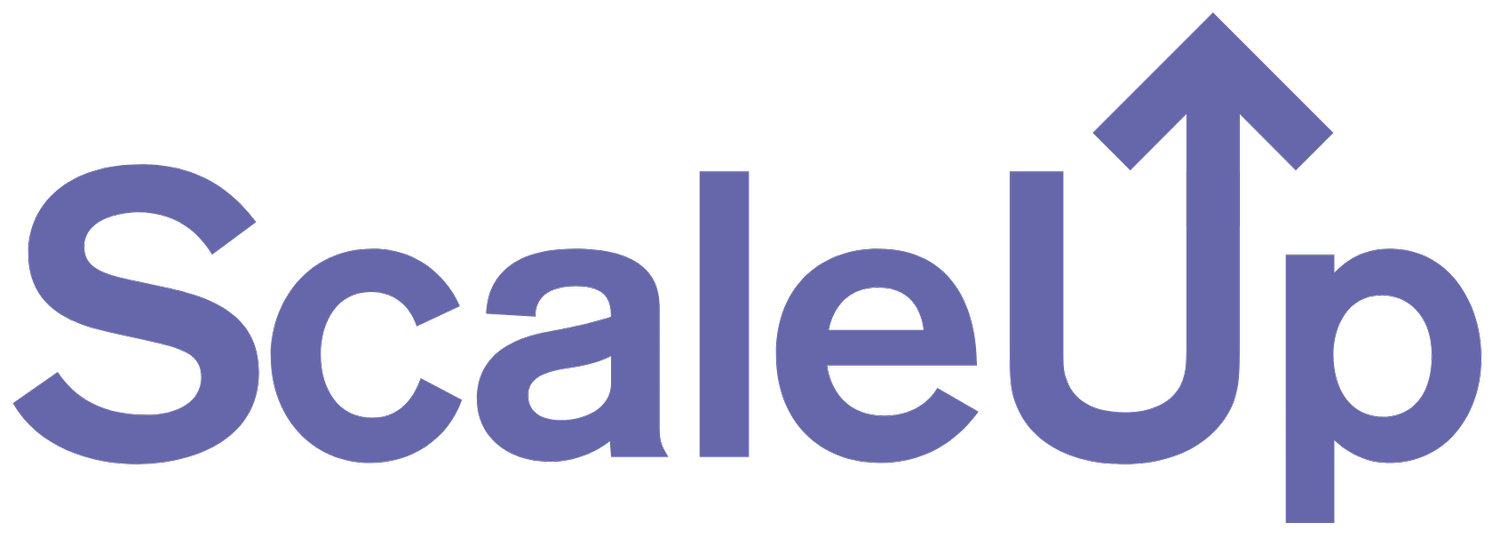FreshBooks vs HoneyBook: Which All-in-One Financial Platform Is Better for Scaling Service-Based Businesses?
If you're a freelancer, consultant, or small agency looking to scale, chances are you’ve run into a financial software problem: you need something that can handle everything, including invoicing, client management, contracts, and finances, without the bloat or complexity of enterprise tools.
Two popular platforms in this space are FreshBooks and HoneyBook. While both claim to offer an "all-in-one" experience, they differ significantly in features, user experience, and the type of business they're best suited for.
In this guide, we break down how they compare to help you choose the right one for your business.
FreshBooks vs. HoneyBook Feature Comparison
| Feature | FreshBooks | HoneyBook |
|---|---|---|
| Best For | Freelancers, agencies, small teams | Solopreneurs, creatives, consultants |
| Core Focus | Accounting & Invoicing | CRM & Project Management |
| Invoicing | ✅ Advanced | ✅ Good |
| Client CRM | ❌ Basic (via integrations) | ✅ Built-in |
| Proposals & Contracts | ❌ Not included | ✅ Built-in |
| Bookkeeping | ✅ Built-in | ❌ Limited |
| Payments | ✅ Stripe, PayPal, ACH | ✅ Built-in + online checkout |
| Mobile App | ✅ Yes | ✅ Yes |
| Pricing (Starting At) | $17/month | $19/month (billed annually) |
| Free Trial | 30 days | 7 days |
Want the bigger picture? Compare all leading tools side-by-side and check current pricing & fees before you decide.
Key Differences
1. Client Management & CRM
HoneyBook is designed for service-based entrepreneurs who manage clients through proposals, contracts, and communication threads.
FreshBooks focuses more on financial tools and doesn’t offer native CRM features — you'd need to integrate with tools like HubSpot or Mailchimp.
Winner: 🏆 HoneyBook
2. Accounting & Bookkeeping
FreshBooks excels here — it tracks income, expenses, bank reconciliation, and taxes.
HoneyBook only provides basic financial summaries.
Winner: 🏆 FreshBooks
3. Invoicing & Payments
Both platforms allow you to create branded invoices and accept payments online. However:
FreshBooks offers recurring billing, late payment reminders, and deposit requests.
HoneyBook includes payment tracking and contracts but is less customizable for complex billing.
Winner: 🤝 Tie (depends on needs)
4. Project Management
HoneyBook shines with project workflows, task tracking, and client timelines.
FreshBooks offers basic time tracking and project collaboration but lacks a robust workflow system.
Winner: 🏆 HoneyBook
Who Should Use Which?
Choose FreshBooks if:
You need strong bookkeeping and accounting.
You want to automate invoices, expenses, and taxes.
You're scaling a team that needs detailed financial reporting.
Choose HoneyBook if:
You work in client services (e.g., photographers, coaches, consultants).
You want everything in one place: CRM, contracts, scheduling, payments.
You prioritize client communication over detailed financial tools.
Financial software isn't one-size-fits-all. Match your top priorities, like ease of use, tax readiness, automation, or team collaboration, with the tool that delivers best-in-class performance in that area. Need help comparing pricing? Check out our 2025 Financial Software Fee Comparison.
ScaleUp Tip
If your business is evolving from solo to team-based, choose a platform that supports multi-user workflows, permissions, and visibility into client and financial activity. These capabilities will help avoid breakdowns in communication and finance as your team grows.

